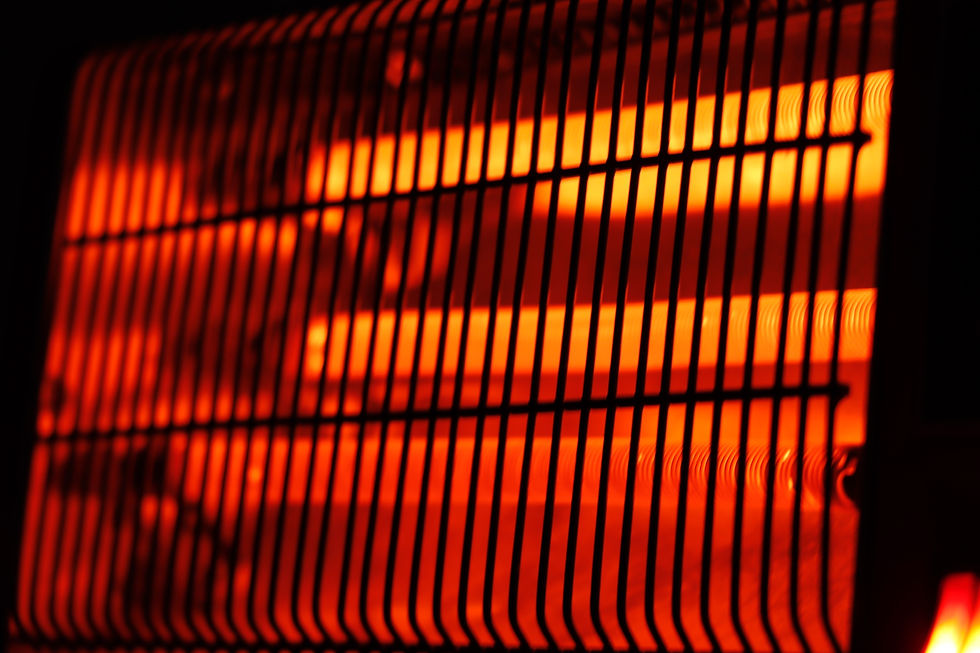
Have you ever noticed your lights flicker briefly when you start up a heater, air conditioner, or another large appliance? It's a common experience in many homes, and while it might catch your attention, it's usually not something to be concerned about. Understanding why this happens can provide peace of mind and help you make informed decisions about your home’s electrical system.
The Power of Big Appliances
Large appliances, especially those with motors like heaters, refrigerators, or air conditioners, require a significant amount of power to start. When you turn them on, they draw a surge of electricity from your home's electrical system to get up and running. This brief surge can cause a slight dip in the voltage available to other devices, like your lights, resulting in a momentary flicker.
A Common Occurrence
This flickering is a normal part of how electrical systems operate, particularly in homes with several high-demand devices. It’s similar to when you start a car and the headlights dim for a split second before the engine fully turns over. In most cases, this flicker is simply a sign that your appliances are doing their job and your electrical system is responding as it should.
Understanding the Flicker
Here are a few reasons why you might notice this flickering:
Initial Power Surge: When large appliances start, they draw more power than they do when running steadily. This extra demand causes a brief dip in the available voltage, which might make your lights dim or flicker for a moment.
Shared Circuits: In many homes, lights and appliances may share the same electrical circuit. When the appliance turns on, it briefly uses more of the circuit's capacity, leading to a momentary reduction in the power available to your lights.
Balanced Power Use: Modern electrical systems are designed to handle these power surges efficiently. However, if several high-demand devices are running simultaneously, the flickering might be more noticeable.
When to Consider Upgrades
While occasional flickering is typically no cause for alarm, there are scenarios where you might want to consider small upgrades or adjustments to optimize your home's electrical performance:
Dedicated Circuits: For those who use large appliances frequently, installing dedicated circuits for these devices can help distribute power more evenly and reduce the chances of flickering.
Energy-Efficient Appliances: Modern appliances are designed to be more energy-efficient, reducing the power surge needed to start up. Upgrading older appliances can minimize flickering and improve overall energy usage.
Smart Home Solutions: Investing in smart home technology that monitors and manages power distribution can help balance the load on your electrical system, reducing flicker and enhancing overall efficiency.
A brief flicker when you turn on a heater or large appliance is usually a normal part of your electrical system's operation. It’s simply a sign that your appliances are drawing the power they need to function properly. However, if you have any concerns or if the flickering seems unusual or persistent, the team at Bowman Electric is here to help. We can assess your system and suggest simple upgrades or solutions to ensure your home’s electrical system continues to run smoothly.
Whether you're considering new appliances, need advice on energy efficiency, or want to optimize your electrical setup, Bowman Electric is your go-to partner for all things electrical. Reach out to us anytime for expert guidance and support.


Comments